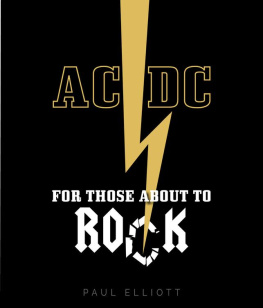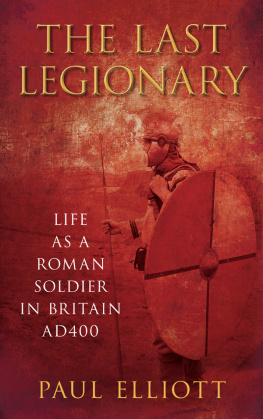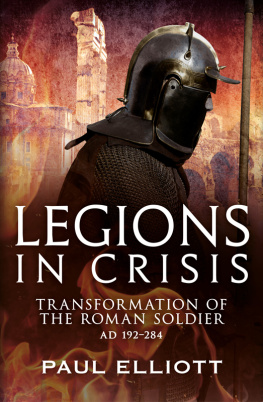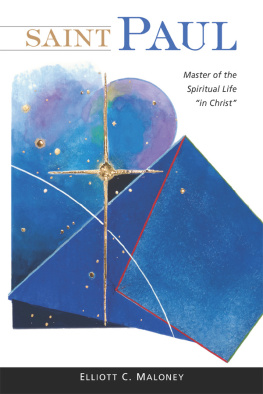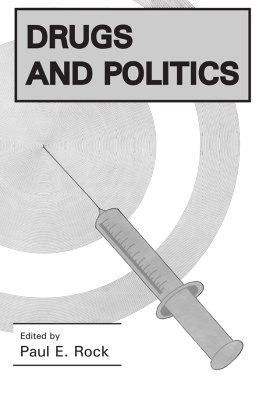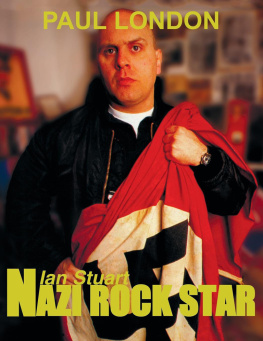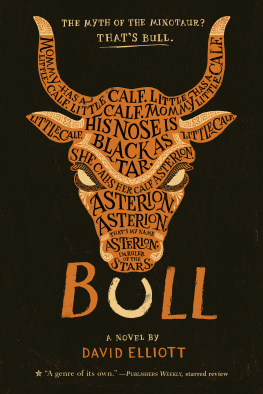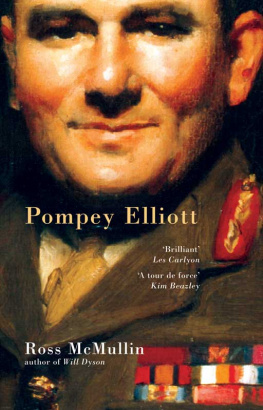Paul Elliott - AC/DC: For those about to rock
Here you can read online Paul Elliott - AC/DC: For those about to rock full text of the book (entire story) in english for free. Download pdf and epub, get meaning, cover and reviews about this ebook. year: 2020, publisher: Palazzo Editions LTD, genre: Non-fiction. Description of the work, (preface) as well as reviews are available. Best literature library LitArk.com created for fans of good reading and offers a wide selection of genres:
Romance novel
Science fiction
Adventure
Detective
Science
History
Home and family
Prose
Art
Politics
Computer
Non-fiction
Religion
Business
Children
Humor
Choose a favorite category and find really read worthwhile books. Enjoy immersion in the world of imagination, feel the emotions of the characters or learn something new for yourself, make an fascinating discovery.
- Book:AC/DC: For those about to rock
- Author:
- Publisher:Palazzo Editions LTD
- Genre:
- Year:2020
- Rating:5 / 5
- Favourites:Add to favourites
- Your mark:
- 100
- 1
- 2
- 3
- 4
- 5
AC/DC: For those about to rock: summary, description and annotation
We offer to read an annotation, description, summary or preface (depends on what the author of the book "AC/DC: For those about to rock" wrote himself). If you haven't found the necessary information about the book — write in the comments, we will try to find it.
AC/DC: For those about to rock — read online for free the complete book (whole text) full work
Below is the text of the book, divided by pages. System saving the place of the last page read, allows you to conveniently read the book "AC/DC: For those about to rock" online for free, without having to search again every time where you left off. Put a bookmark, and you can go to the page where you finished reading at any time.
Font size:
Interval:
Bookmark:
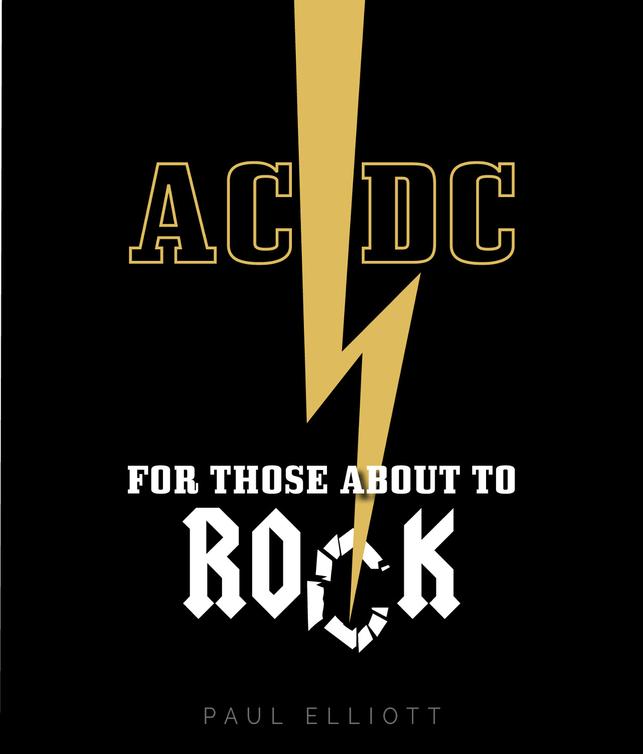
July 21, 1979. On a beautiful summers day in California, the Oakland Coliseum is filled with seventy thousand rock fans, packed in at pitch level, and lining the curved bleachers around it. At one end of this vast amphitheater is a stage decorated as a jungle scene with two gigantic dinosaur figures at each side and a banner proclaiming: Monsters of Rock. Loud cheers ring out as five skinny, long-haired guys walk out on to the stage and get straight down to business.
The first song starts with throbbing bass, one note repeating, like a racing pulse. The bass player and rhythm guitarist stand back, close to the drummer. The three of them look like clones: jeans, T-shirts, lank hair in their faces. In front of them is the singer, powerfully built, shirtless beneath a cut-off denim jacket, and the lead guitarist, a slight figure, dressed in a schoolboys uniform complete with cap and tie and a satchel slung across his back.
As he hits the first low notes of guitar, the schoolboy begins to convulse, head twitching, legs shaking. With the first beats of the kick drum, he pulls the cap from his head and tosses it behind him. And as the band locks down into a hard, swinging riff, the little guy is tearing it up across the stage, duckwalking like the bastard son of Chuck Berry. The singer lets out a scream, bounces on the soles of his feet, and moves to the outer edge of the stage to coolly deliver an opening line loaded with bad vibes: If youre lookin for trouble, Im the man to see
Out in the audience there are whoops and hollers, hands clapping, girls hoisted on guys shoulders, arms swaying. The band lays it on thick, a heavy groove. They have this audience by the balls.
AC/DCs time has come. At this event, Day on the Green #3, there are bigger names to followAerosmith and Ted Nugent, all-American superstarsbut AC/DC have an irresistible momentum. Their days as an opening act, a cult band, are about to end.
It has been a long, hard road to here. Years of graft, sweating it out, from the pubs and clubs of the bands native Australia, where bottles are thrown if a crowd can smell blood, to bigger stages in Britain and America. The years on the road have honed AC/DC into the most electrifying rock n roll band in the world, and at Day on the Green, they prove it.
In the first song, Live Wire, the energy comes off them in waves. It is the sound of Chuck Berry and Little Richard and The Rolling Stones jacked up to maximum volume and intensity. The three guys at the backMalcolm Young on rhythm guitar, Cliff Williams on bass, and Phil Rudd on drumswork away like a machine. The singer, Bon Scott, has a voice as tough as leather, the swagger of a gunslinger, and tattoos of a hardened criminal, effortlessly in control, the epitome of rock n roll cool. The schoolboy, Angus Young, kid brother to Malcolm, is the lightning rod for the bands high-voltage attack, a blur of movement, wiggling his scrawny ass as he boogies, jerking his head violently as he wrings out a solo, and leaping high into the air in the songs frenzied climax.
By the start of the second song, Problem Child, Bon has his jacket off, already slick with sweat, as the band delivers the knock-down-drag-out riff. The bludgeoning continues with Sin City. A brand new song, Highway To Hellthe title track from the album that is released the following weekhas the feel of an anthem.
Bad Boy Boogie has Angus stripping down to his shorts in the middle of the song, and playing a manic solo in a trance-like state. There is respite, of a sort, as the band ease into a slow blues number, The Jack, in which Bon sings of the things he has picked up from sleeping around. Then they are back at full throttle with the deliriously hard and fast Rocker. With more demanded, they give that audience one last beating with the thuggish assault of Dog Eat DogAngus rolling around the stage, legs kicking, guitar howling, before the big finish.
Thanks! Bon yells, his fist raised as the band walks off. The taste of victory is sweet for a man who has turned thirty-three just a few days earlier. This moment has been a long time coming. He has dreamed of it since he first sensed the power of rock n roll as a teenager.
In the summer of 1979, AC/DC are rising fast. And Bon Scott knows, at last, he has it made
There was hard-earned wisdom in the words that Bon Scott wrote in Its A Long Way To The Top (If You Wanna Rock n Roll), the song that kicked off AC/DCs second album T.N.T. For when Bon finally made it as a rock n roll singer, it was the culmination of many years graft, busting his balls for little or no money. If ever a rock star was a working-class hero, it was Bon.
He was born Ronald Belford Scott on July 9, 1946 in Kirriemuir, a small town in Scotland. His father, Charles, nicknamed Chick, worked in the family bakery, and met his wife, Isabelle, known as Isa, at a dance in Kirkcaldy. They married in 1941 while Chick was on leave from the British army during World War II. The Scotts first son, Sandy, died after nine months, but Ron, as his mother always called him, was a healthy lad, and fiercely independent. He used to never come home from school, Isa recalled. Hed just go off with his little mates. He also loved watching his father play drums in a traditional pipe band that marched in the town square every Saturday, and would mimic the old man by banging on a cookie tin.
In 1952, after Isa had given birth to another boy, named Derek, Chick Scott moved his young family to Australia, tempted by the prospect of a better life. They settled in Sunshine, a blue-collar district of Melbourne, and here, young Ron began honing his drumming skills on a kit bought by his parents. But after four years in Melbourne, the family moved again, traveling one thousand, seven hundred miles to Fremantle, a port town twelve miles south of Perth. At ten, Ronald still had a strong Scottish accent, and his new school classmates quickly picked up on it, nicknaming him Bonnie Scotland. Later shortened to Bon, the name stuck.
Like his dad, the teenaged Bon played drums for a pipe band but quickly lost interest in the formal disciplines of both the band and school, which he left at fifteen to work as a farm hand. By this point, the rock n roll age was in full swing. Bon grew his hair long, got his first tattoo, fell in with a gang of rockers and began making sporadic appearances on stage at local dance events, cocky enough to jump up and sing the new rock n roll hits such as Little Richards Long Tall Sally.
Bon found it easy getting girls, but on one occasion this got him into serious trouble. At a dance hall, he took a young girl outside to fool around a little. When they returned to the dance, Bon was challenged by a gang of youths and a fight broke out. The cops arrived and Bon fled the scene in a friends car, but was quickly apprehended and later charged with unlawful carnal knowledge and giving a false name to the police. He was sent to a young offenders institute for nine months. It was a wake-up call. During those months, Bon vowed to clean up his act. He also decided that rock n roll was his future.
In Perth, he joined his first band, The Spektors, in which he doubled as singer and drummer. What the band earned was not enough to pay the rent, so Bon worked as a postman, a job he continued doing until 1967, when he and other members of The Spektors merged with those of another Perth group, The Winstons, to form a new act named The Valentines.
This gave Bon a first fleeting taste of stardom. He switched to full-time singer, sharing the spotlight with co-lead vocalist Vince Lovegrove. It wasnt because I wanted to be up front, Bon later said. It was because the singer used to get more chicks. And as a bubblegum pop act, The Valentines attracted plenty of young women to their shows. After the band relocated to Melbourne they made their debut single in Every Day I Have To Cry, a song written by American soul singer Arthur Alexander and previously recorded by the Bee Gees in 1965, before their first international success. Two subsequent singles from The ValentinesShe Said, released in 1967, and My Old Mans A Groovy Old Man in 1969 were written by Harry Vanda and George Young, leaders of the most popular Australian group of the late sixties, The Easybeats. In October 1969, The Valentines were the support act for The Easybeats at a concert in Melbourne. In all of this was the first connection between Bon and Harry and George. Five years later, their lives would become inextricably linked. And for Bon, in those years, there would be good times and bad.
Font size:
Interval:
Bookmark:
Similar books «AC/DC: For those about to rock»
Look at similar books to AC/DC: For those about to rock. We have selected literature similar in name and meaning in the hope of providing readers with more options to find new, interesting, not yet read works.
Discussion, reviews of the book AC/DC: For those about to rock and just readers' own opinions. Leave your comments, write what you think about the work, its meaning or the main characters. Specify what exactly you liked and what you didn't like, and why you think so.

